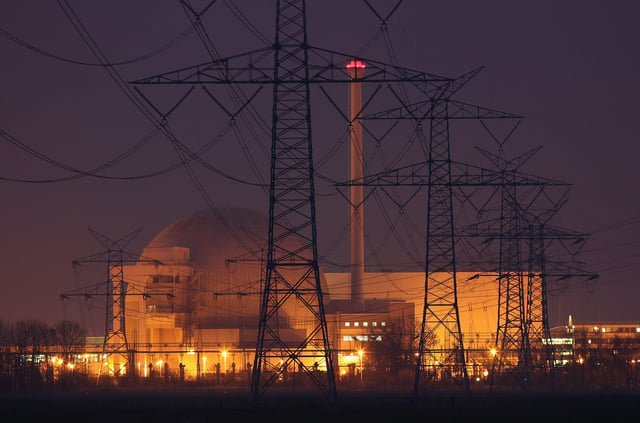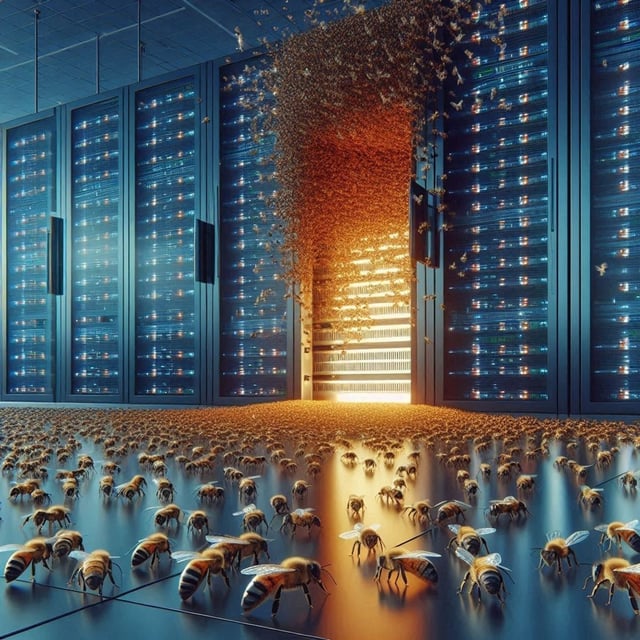Overview
- Meta intended to build a nuclear-powered data center to support its growing AI needs but encountered a setback due to rare bees found on the proposed land.
- Environmental and regulatory hurdles have arisen from the discovery of the bees, complicating Meta's plans to secure emissions-free energy from a nearby nuclear power plant.
- CEO Mark Zuckerberg informed employees that the project cancellation prevents Meta from becoming the first major tech firm to use nuclear power for AI operations.
- Meta is exploring alternative sites and energy sources, as competitors like Amazon, Google, and Microsoft have also turned to nuclear power to meet AI's high energy demands.
- The increased energy requirements for AI have led major tech companies to invest heavily in nuclear power, seen as a reliable and carbon-free alternative to traditional sources.



